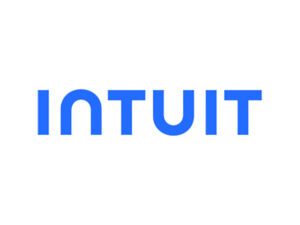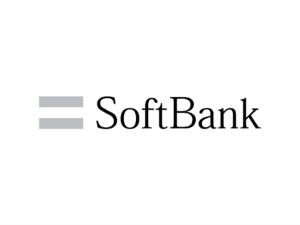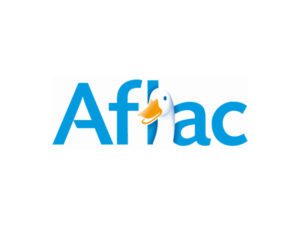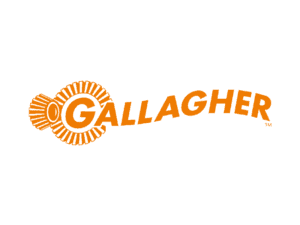New Survey Indicates Consumers Are Taking A Zero Trust Stance
AP News reports that recent surveys from a digital identity trust company, indicate that 92% of consumers in the USA now believe that cybersecurity threats will outpace current cybersecurity measures. In a study conducted with 2000 Americans and 1000 British, responses indicate that average Americans now believe that the digital environment is inherently risky, with that risk continuing to rise. A surprising 91% of those surveyed showed an interest in taking extra personal digital security precautions, like multifactor authentication, rather than leaving their data entirely up to the protection of external systems.
The Password Is The Culprit
The survey also indicated that 68% of respondents felt that the traditional password security system is the most used yet simultaneously least trusted security measure implemented today. These consumer fears are, unfortunately, well-founded. For several reasons, traditional, single-factor passwords, as a cybersecurity measure, are one of the most vulnerable systems in today’s digital world.
If a password system is single-factor only, that means knowing a password grants total access to whatever is protected behind it. Multi-factor systems at least reinforce security by requiring something more than a password to grant access. However, the biggest issue with passwords is the continued use by many people of “weak passwords.” Most people prefer to use an easy and easy-to-remember password, and it’s not unusual for people to use the same password for multiple accounts.
These two traits combined make many consumers vulnerable. An easy or weak password means it can be easily guessed or even “brute-forced” through a process of elimination. If that password is also used for other accounts, that can potentially mean stealing the password for an online streaming service account can grant access to online shopping accounts, credit cards, and even bank accounts.
Unfortunately, even if a password is “strong” and uses a random string of alphanumeric characters if it is tied to a traditional, single-factor authentication system, it is still vulnerable. The consumer may have strong personal passwords to protect themselves, but they can still be stolen through a security breach, not with them, but with a company with which they hold an account. Businesses such as Yahoo, Sony, Twitter, eBay, LinkedIn, and many others have experienced data breaches where thousands—or even millions—of accounts were compromised and put consumers at risk through no fault of their own.
Multifactor authentication, however, is making great strides in cybersecurity. If you’d like to give your customers an alternative to passwords and increase your digital security, learn more here about Nok Nok’s next-level multifactor authentication technology and passwordless security measures.









